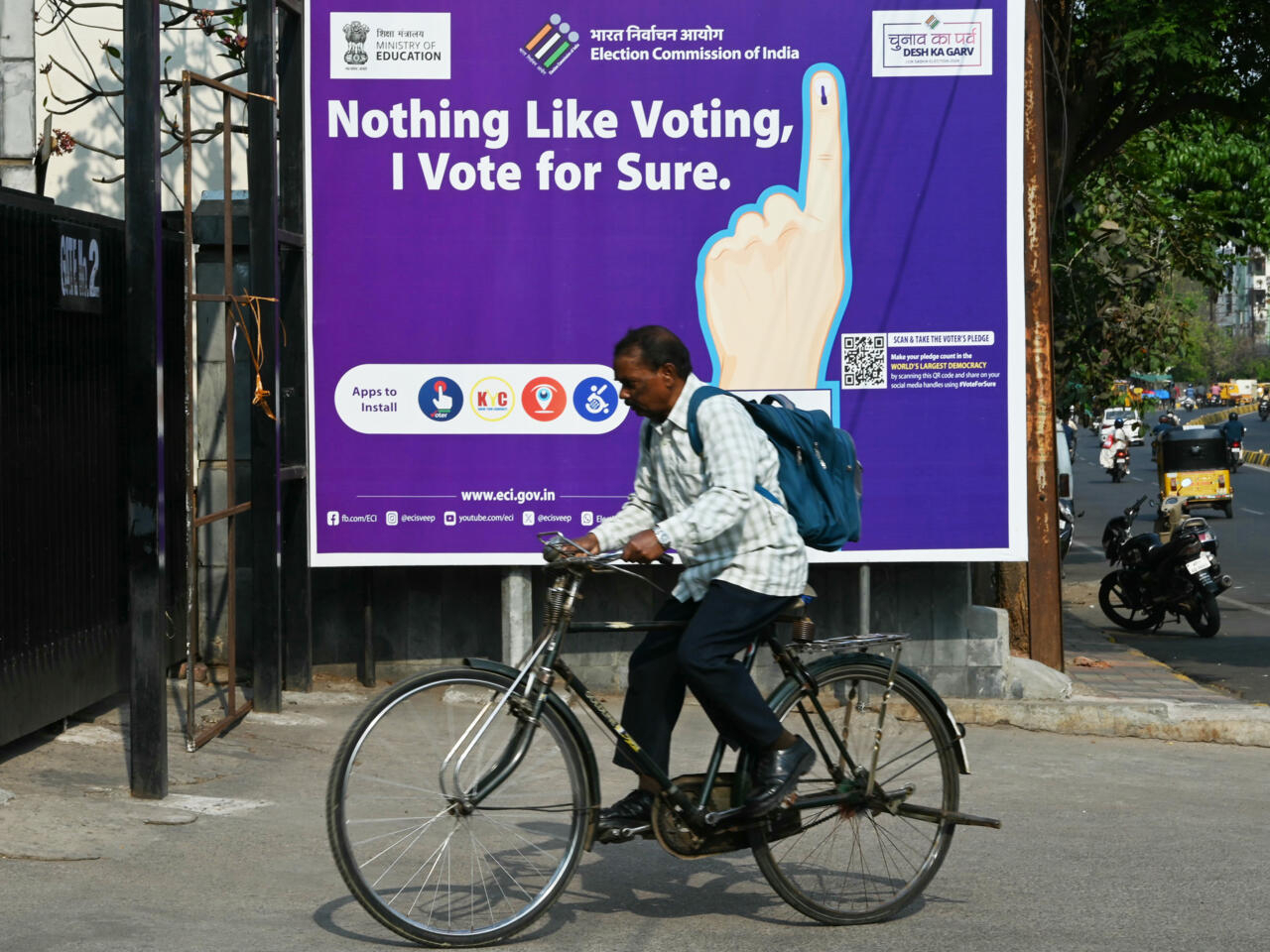The rise of deepfake technology in the run-up to national elections is now opening a new frontier for India’s political space. Political parties can use such sophisticated tools to bring back from the dead their leaders in the digital world, creating video clips and voice messages where reality speaks, testing the threshold between fact and fiction.
Rising concerns over election integrity
The emergence of the technology has drawn concern from government officials and campaigners alike, who consider the proliferation of the technology to be another major threat to the integrity of India’s electoral process.
And the latest fad in Indian politics, as the country gears up for a marathon six-week general election beginning April 19, is the use of “ghost appearances” by dead leaders to woo voters.
Digital resurrections in a new campaign strategy
Deceased leaders such as J. Jayalalithaa and M. Karunanidhi have been digitally resurrected to sway voters. Jayalalithaa passed away in 2016; however, reportedly, she made a voice appearance criticizing the current state government. On the other hand, Karunanidhi died in 2018, and he is said to have appeared in AI-generated deepfake videos praising his son, M.K. Stalin, who is the chief minister of the state. The creative and pocket-friendly tactic that this creates for parties in order to avoid the logistical nightmare and reach supporters with a tailor-made message is what the “ghost appearances” would offer.
Ethical dilemmas and misinformation
The rapid advancement of deepfake technology has sparked ethical dilemmas and fueled misinformation campaigns. Creators like Divyendra Jadoun, an Indian deep faker, have already reported an unprecedented increase in demand for AI-generated content and, at the same time, a certain amount of anxiety about the technology falling into the wrong hands.
Jadoun admits that it is very tough to distinguish between an ethical and unethical request. He emphasizes the fact that very thin reasoning is required to prove the legitimacy of the AI-based political request.
The threat to democracy
While most of the campaign material produced by artificial intelligence is used for satire and ridicule, experts are warning of broader implications on democracy. Technology and democracy expert Joyojeet Pal warned against the ease with which AI-generated images may be taken as real. This presents a very serious threat to the possibility of democratic deliberation, which presupposes public competence in distinguishing truth from fiction.
Now, with the change in the political landscape in India, deep-fake technology that has gained currency brings along new threats to elections and democratic integrity. The working stakeholder community has a role to remain continuously vigilant with regard to battling mis/disinformation and protecting the integrity of the reality and fiction of the electoral process. With the general elections around the corner, AI-generated content looms like a specter, pointing out the fact that there is an urgent need to put in place robust measures to contain this looming menace.
Original Story From https://www.france24.com/en/live-news/20240403-ghost-in-the-machine-deepfake-tools-warp-india-election





